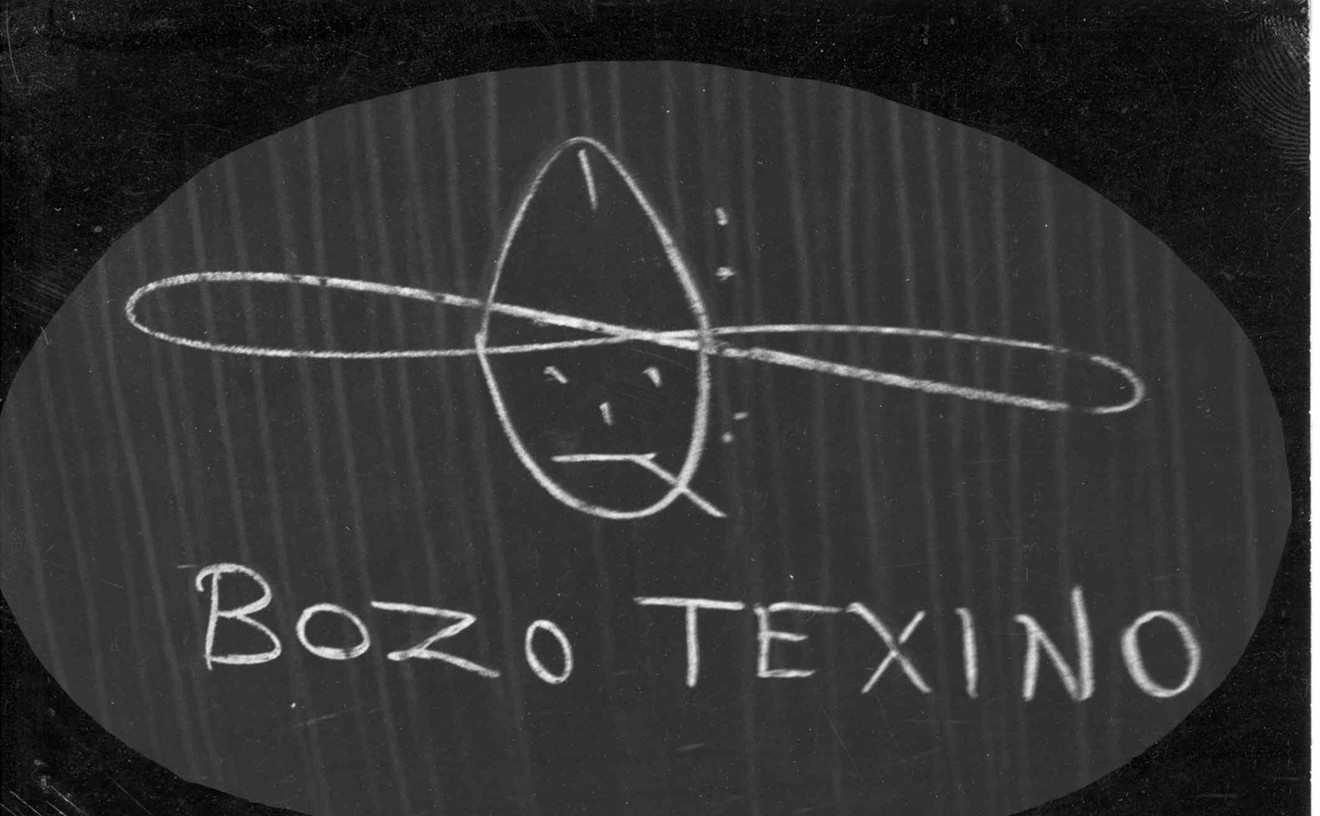Cabaret. Cabaret is grim and distressing, and there's not a hint of redemption anywhere in it. Quite the contrary. But this is a bloody good production, the kind of production that could -- and should -- attract all kinds of people who might never think of setting foot in a conventional dinner theater: shop owners and professionals and scientists and parents and college students out on a date. Anyone, in fact, who responds viscerally to fantastic music, deft staging and vivid, emotionally honest performance. Cabaret is loosely based on English writer Christopher Isherwood's account of his life in Berlin between 1929 and 1933. It centers on Sally Bowles, a singer who lives on charm, manipulation, willful eccentricity and the distribution of sexual favors, and her affair with an American writer. There's a second love story involving a middle-aged landlady and a Jewish grocer who brings her fruit. But the show's heart lies in the decadent Kit-Kat Klub, where a leering, epicene Emcee oversees all the acts. In time, as the shadow of fascism deepens, he seems to oversee the entire city of Berlin as well. Presented by Boulder Dinner Theatre through November 7, 5501 Arapahoe Avenue, Boulder, 303-449-6000, www.theatreinboulder.com. Reviewed July 15.
The Fourth Wall. Playwright A.R. Gurney is angry. He considers the Bush administration a disaster; he condemns its boneheaded policies, its indifference to the plight of the poor, its pre-emptive war on Iraq. But Gurney is a kind-spirited, bourgeois, WASP kind of guy, and in this play, his anger is expressed through humor, metaphor, the protagonist's rather gentle reproaches and -- believe it or not -- the songs of Cole Porter. And it's all the more effective for that. Peggy, a middle-class housewife, is so distressed at the direction her country is taking that she redecorates her living room. She turns all the furnishings to face one wall -- the "fourth wall" -- in the theater, the invisible one that separates us from the actors. This blank barrier has a significant effect on everyone in the play. Husband Roger calls in an old friend, Julia, to assess the situation, and something happens to Julia and Roger. They preen; they begin to act. Pretty soon, Julia is trying to either invent or discover the plot line. Peggy remains convinced that she can break through the wall into a reality larger than her circumscribed life. The play is propelled as much by the author's fascination with theater -- what it is, what it can be, its limitations -- as by his political concerns, though ultimately, of course, the two themes mesh. A satisfying production of a funny, thought-provoking play. Presented by Nomad Theatre through November 7, 1410 Quince Avenue, Boulder, 303-774-4037, www.nomadstage.com. Reviewed September 23.
I Never Promised You a Rose Garden. Joanne Greenberg's I Never Promised You a Rose Garden was published in 1964 as fiction, but in fact, described the author's own teenage struggle for sanity and the help she received from Dr. Frieda Fromm-Reichmann, herself a refugee from Nazi Germany. Dr. Fromm-Reichmann had strong theories about the practice of therapy; she avoided drugs and stressed human interaction. Walter L. Newton's dramatized version of the book is partly a protest against the contemporary overuse of pharmaceuticals. But it's hard to write a play where the only action is mental illness. You get screaming mad scenes; writhing figures representing the imaginary world of the protagonist, Deborah; therapy sessions; vignettes about Deborah's family. It's unclear what drove this girl over the edge -- a childhood surgery? The neighbors' anti-Semitism? A peculiar relationship with her father that had undertones of incest? The second act is better than the first and contains moments that connect, but overall the production is uninvolving. Presented by Miners Alley Playhouse through November 13, 1224 Washington Street, Golden, 303-935-3044, www.minersalley.com. Reviewed October 21.










